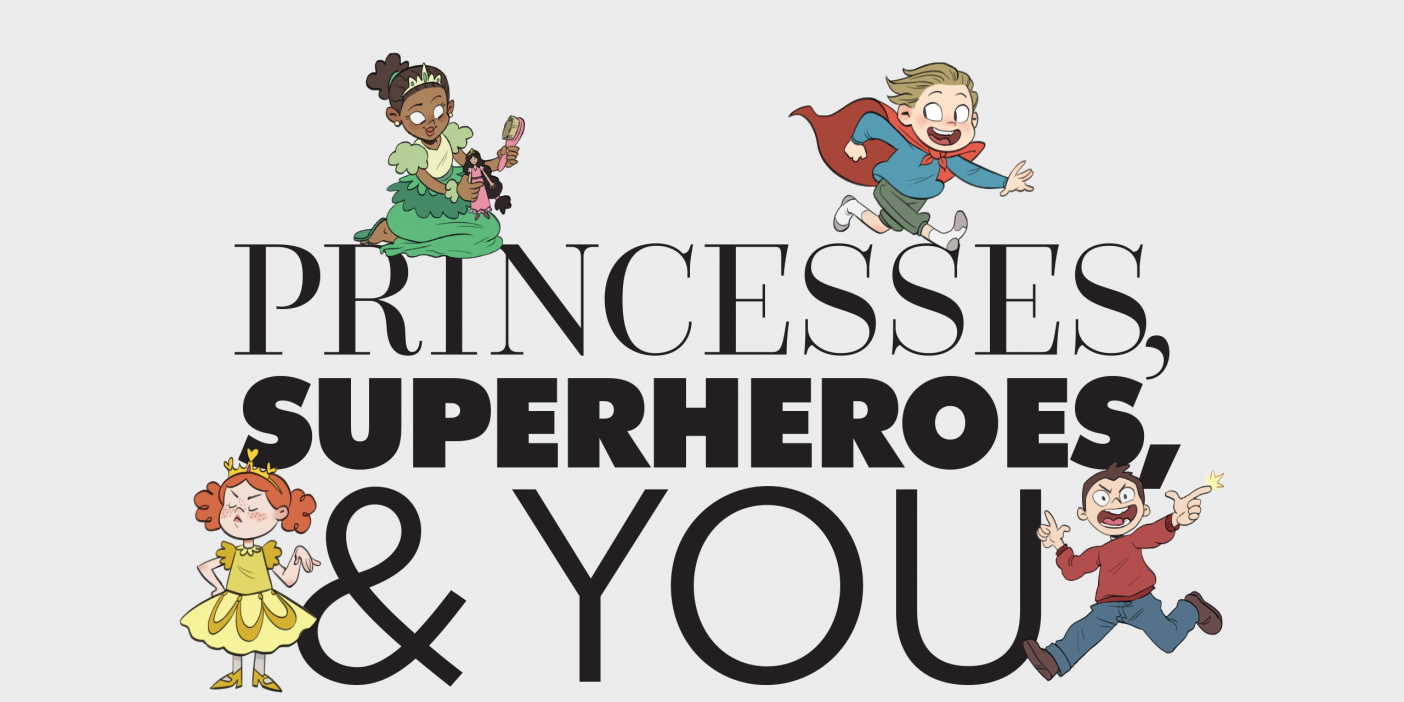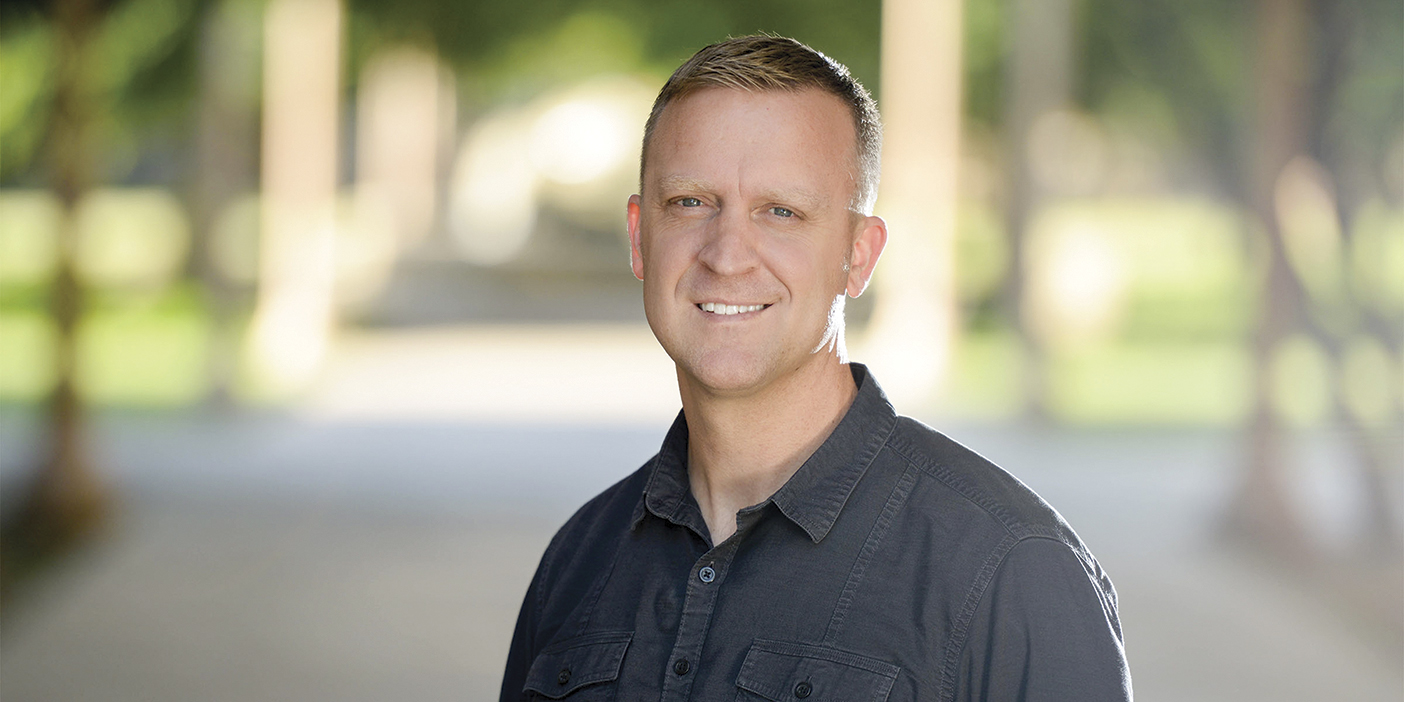Is your child being bullied? Here’s what to do.

When Carrie Boswell was in sixth grade, her parents got a call from her school saying she was being bullied. In fact, they told Carrie’s mother it was the worst case they had seen. If Carrie was in a reading group, the other children would turn their chairs in another direction. If she sat at a table in the lunchroom, kids would move away. No one at school would even speak to her.
The ringleader was a girl in Carrie’s LDS ward, where the bullying continued. Day after day a neighborhood boy called Carrie ugly names as she walked home from school. And her home was no refuge, as classmates sometimes left threatening notes on her doorstep.
Once Carrie’s parents got the picture, they went into high gear. They met with as many of the bullies’ parents as they could. Many parents denied or minimized the problem. One couple even threatened a lawsuit if the Boswells spoke to anyone negatively about their mean-girl daughter. Another couple asked their own daughter to give them a peer’s view of what was going on: “No one dares talk to Carrie or even look at her,” she reported. “If you do, you get treated like Carrie, and no one wants to be treated like Carrie.”
Carrie’s experience was extreme, says David A. Nelson (BS ’95), BYU professor of family life and aggression researcher, but many of its elements are not unusual. He and Sarah M. Coyne, an associate professor of family life who studies cyberbullying, say parents can help their children avoid being bullied by understanding how and why tormenters bully, knowing preventive strategies, and intervening early.
Roots of Aggression
Both boys and girls can be bullies, but their methods tend to differ. Girls often use “mean girl” behavior—called relational aggression. They might give targeted girls the cold shoulder, encourage others to exclude them, and spread rumors, says Nelson. Boys, on the other hand, are more likely to taunt, threaten physical injury, and inflict harm. To be considered bullying, Nelson says, these actions must be repeated and there must be a power differential, with the bully clearly enjoying pronounced physical or social power over another.
The Centers for Disease Control and Prevention reports that 20 percent of students in grades 9–12 say they were bullied at school during the previous year. Bullying, though, also occurs in neighborhoods, churches, and online, so the percentage is likely considerably higher, says Nelson.
Bullies typically target children who are vulnerable because they are seen as “different” in some way, Nelson says. Common targets include kids who are shy, small, weak, or disabled. If a target reacts by crying, cowering, or calling over a teacher or a parent, bullies will likely be emboldened because they tend to crave attention, says Nelson.
Removing the Target
Not all bullying can be prevented, but parents can help their children be less likely targets, says Nelson. First, they should do what they can to help their children make friends. At school an isolated child is at greater risk for bullying. For younger children who have trouble making friends, play dates can be helpful to get them started. Hosting a party can sometimes make a difference.
Second, children can be taught to stand tall and speak up—even when they don’t feel confident or assured. Secure-appearing children are less likely to attract bullies, says Nelson, but change in this regard is often slow.
Third, parents can talk to their kids about bullying from an early age. Children, and especially older children, aren’t typically candid about being bullied, but they might signal a problem by saying things like, “He keeps teasing me” or “She won’t talk to me anymore.”
Parents can also teach their children to be as nonreactive as possible to teasing and bullying. Studies show that ignoring or avoiding bullying attempts often removes a bully’s motivation to continue. Children also can learn to seek the refuge of friends. When possible, simply walking away from the bully and toward other kids is helpful.
To prevent cyberbullying, Coyne recommends that parents help their children become skilled at critically evaluating what they encounter in the digital world, from text messages to websites, and at using technology responsibly. She highly recommends the nonprofit “digital literacy” website, DQ World, designed for children ages 8–12. At https://us.dqworld.net, parents and children together can choose from many games, articles, and activities to build their digital intelligence quotient. The site also includes a robust section on cyberbullying.
Parents should carefully monitor their children’s media, especially smartphones, to decrease victimization, says Coyne. Parents can read text messages and monitor any apps their child is using. They should be alert to hurtful messages directed to or written by their child and sexually suggestive messages or photos. If a child suddenly stops using a phone or other device, parents should find out why.
Coyne’s research shows that parental warmth is a particularly important protective factor against girls becoming cyberbullies. On the other hand, says Coyne, authoritarian parents—those who use physical punishment and verbal hostility—create a strong risk factor for their sons to become cyberbullies.
Proactive Parenting
Nelson encourages parents to have “regular conversations with their kids, especially about their peers, so they can pick up early signs of victimization.” Bullying usually takes a month or two to develop, so the opportunity is usually there to pick up on early signs.
While early intervention is best, parents can’t step in to stop bullying they don’t know about. Unfortunately, kids over the age of about 10 tend to hide being bullied because they are embarrassed and distressed by it. Research suggests kids are more likely to turn to their peers over parents and teachers, says Nelson. Kids also worry that bullying will intensify if adults are directly involved, and there is research evidence to support that concern.
Children often won’t use the word bully. When Carrie’s parents learned about her situation, they asked her why she hadn’t told them. She had, but they didn’t recognize the implications of her word choice—that she was being “teased.” While some teasing is harmless, too often teasing is the beginning of more serious bullying.
In extreme cases parents might consider relocating to a new school to get a fresh start. Carrie’s parents came close to this decision but were afraid Carrie was so beaten down that she would be vulnerable to bullying in a new setting. They decided to tough it out rather than risk her being traumatized in two different schools, wards, and neighborhoods. With ongoing strong support, victims can show significant resilience and eventually emerge from bullying stronger than before.
Counseling can be helpful, but Nelson warns that parents must make it very explicit that the counseling is for support, not because the bullied child is the problem.
Conclusion
If your child ends up being bullied despite your best efforts, all is not lost. Carrie is now in her 30s—confident, safe, secure, and married with children.
“She has a great depth of character and inner strength,” says her mother. “Her testimony is strong and she is solid in the Church. She and her husband are often asked to speak at firesides because of their faith, testimony, and ability to convey this to the youth.”
Carrie credits her relationship with God for her healing. She was able to avoid wondering how God could let this happen to her and instead see her tormenters as making their own choices. Though some of the worst bullying occurred at church, she was able to disconnect her interpersonal pain from her spiritual development. “Going to church was a grueling experience for me,” she says. “But I knew that church is not social. It is spiritual. And I knew [God] would not leave me alone.”
To catch bullying early, BYU researchers encourage parents to have open, ongoing dialogue with their kids, about their peers.
Sidebar: Is Your Child the Bully?
Bullying can begin in preschool, says family-life professor David A. Nelson (BS ’95), and parental involvement can make a huge difference in curbing it. He recommends parents take a few proactive steps:
• Set up play dates. Watch for forceful or manipulative strategies your children may use, such as pushing another child or telling a playmate that they cannot be friends unless the playmate acquiesces to demands—signs of learning to use power over others and gain more than their fair share of resources.
• If you see bullying behavior, pull your child aside and offer alternatives. If that doesn’t work, Nelson suggests saying something like, “I overheard what’s going on here, and this isn’t the way friends act. If you’re going to treat your friend that way, she’ll have to go home. If you choose to be nice, everyone can stay.”
• To help children develop kindness and empathy, model those relationship strengths yourself.
• Rather than shame children by saying, “You always get that wrong” or “You’re so selfish,” try to correct while providing consistent warmth and support.
Sue Bergin is a writer and Marriott School adjunct instructor.












